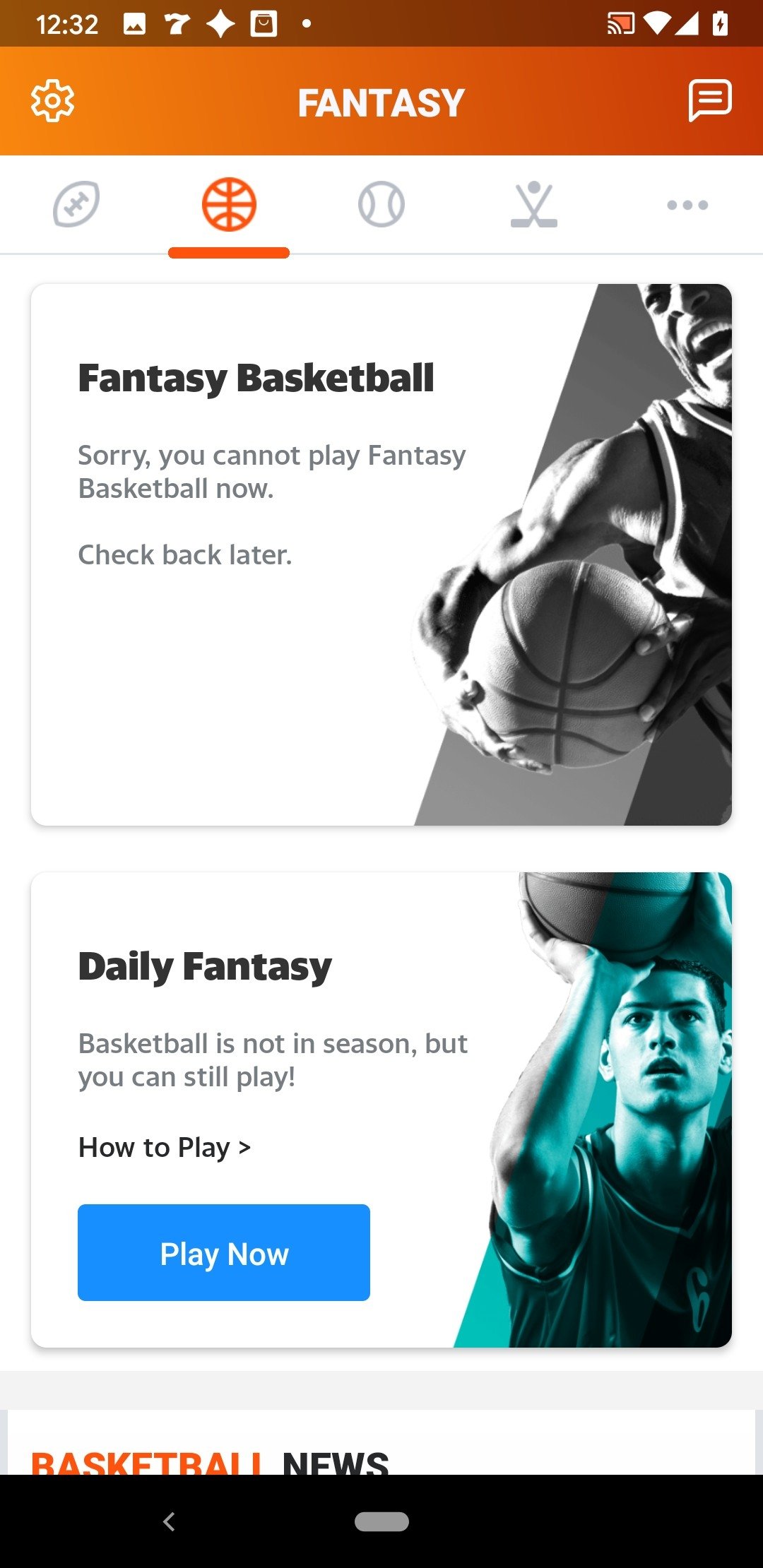


A user would select a team from a limited roster of retired players to play against a team randomly chosen by the computer.

In 1961, another early form of fantasy baseball was coded for the IBM 1620 computer by John Burgeson, then working for IBM. Daniel Okrent, who would later be credited with developing modern fantasy baseball, was an avid Strat-O-Matic player, telling Sports Illustrated in 2011 that "if there hadn't been Strat-O-Matic, I still think I would have come up with rotisserie, but unquestionably it helped." Individual player cards and dice roll simulations were also emulated in the Strat-O-Matic game, which was first released in 1961. Participants could compose fantasy teams from the cards and play against each other or recreate previous seasons using the statistics on the cards. Īn example of such games was APBA, which was first released in 1951 and also contained cards of MLB players with in-game outcomes correlated to their stats from past seasons.

Players with better statistics in the previous season were more likely to receive favorable outcomes this allowed National Pastime to become one of the first games to try to simulate the performances of real-life MLB players. After rolling a pair of dice, participants would consult the card of the MLB player " at bat" to determine an outcome, which could range from a single, double, triple, or home run to a strikeout, putout, walk, or error. In 1930, Clifford Van Beek designed the board game National Pastime, which contained customized baseball cards of Major League Baseball (MLB) players. Later games featured outcomes determined by dice rolls or spinners. The tabletop game Sebring Parlor Base Ball, introduced in 1866, allowed participants to simulate games by propelling a coin into slots on a wooden board. The history of fantasy games can be traced to the 19th century. In fantasy sports, as in real sports team owners draft, trade, and cut (drop) players. These point systems can be simple enough to be manually calculated by a "league commissioner" who coordinates and manages the overall league, or points can be compiled and calculated using computers tracking actual results of the professional sport. This performance is converted into points that are compiled and totaled according to a roster selected by each fantasy team's manager. These teams compete based on the statistical performance of those players in actual games. A fantasy sport (also known less commonly as rotisserie or roto) is a game, often played using the Internet, where participants assemble imaginary or virtual teams composed of proxies of real players of a professional sport.


 0 kommentar(er)
0 kommentar(er)
